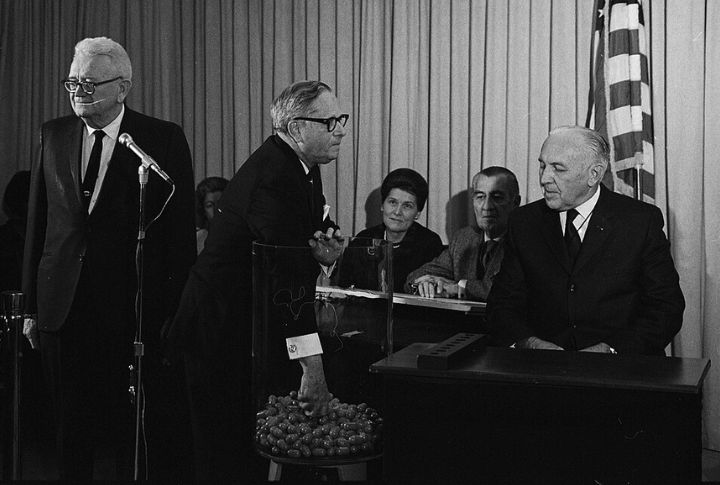
Blind loyalty didn’t fuel every boomer’s path to Vietnam. For every volunteer, there were countless others escaping bullets, figuratively and literally. The military draft wasn’t a badge of honor for all; for some, it was a shadow looming over youth and survival. If you think it was all stars and stripes, it’s time for a reality check. These 10 truths may change how you see history.
The Constant Threat Of Conscription
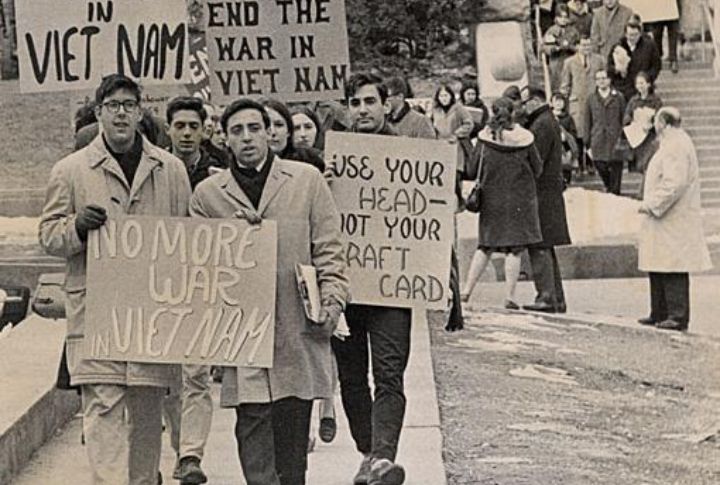
Turning 18 meant the clock had started ticking. Every young man knew that one notice could pull him into battle, as the Selective Service decided who stayed and who went. For the youngsters, plans were shaky at best, and every birthday felt riskier. Living under that kind of pressure shaped how a whole generation approached life.
The Draft Lottery System
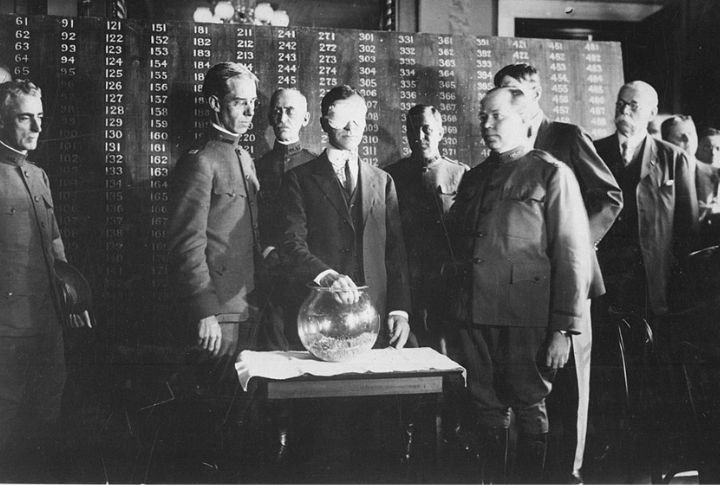
Just imagine watching a televised lottery where a low number could send you to battle. That was the reality. The government pulled birthdates from a drum, and just like that, your future was decided. A low number meant you had to pack your bags, whereas a high number meant you were lucky. The randomness caused intense anxiety as it wasn’t about choice; it was about chance, which haunted almost every youth.
College Deferments As A “Loophole”
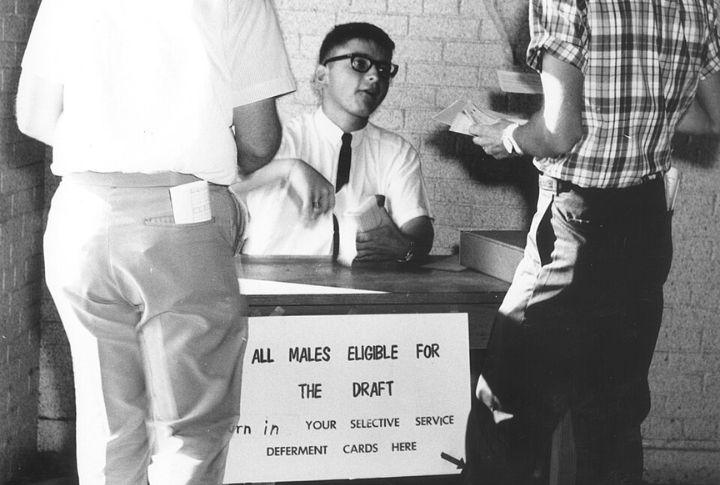
Many Boomers considered higher education as their shield. As long as you were enrolled, you weren’t going to Vietnam, and it was a legal escape route, mostly available to the privileged. The result? A class-based system where college became less about learning and more about staying alive. Back then, deferment shaped futures in unintended ways.
Conscientious Objector Status
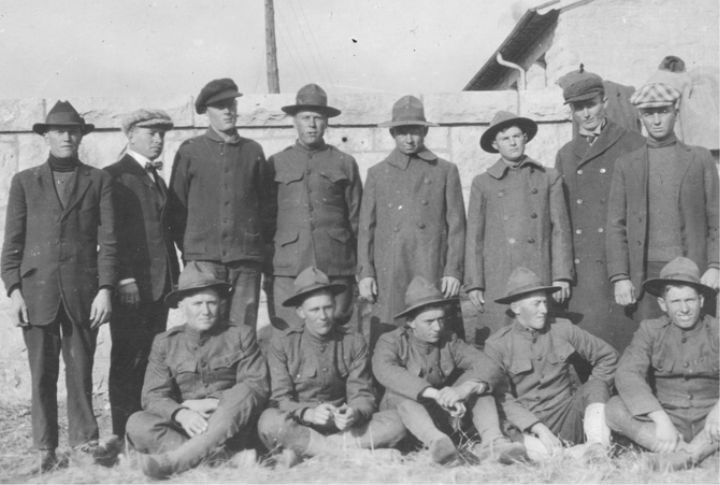
Saying no during that era was an uphill battle. Applicants had to show deep religious or ethical reasons against violence, which wasn’t easy, as the process often turned personal. Even when accepted, many faced ridicule and were redirected into alternative civilian roles, serving the country in silence instead of combat.
Fleeing To Canada Or Other Countries
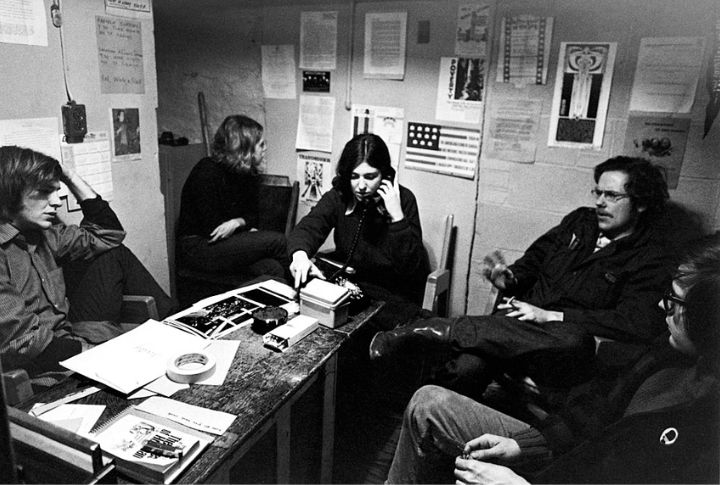
Thousands made the difficult decision to leave the US entirely to avoid the military, and Canada became a refuge for them, despite the steep cost. They weren’t just avoiding war but also leaving behind their homes and loved ones. These people lived with shame or anger, labeled as “draft dodgers” for choosing escape over enlistment.
Public Draft Card Burning
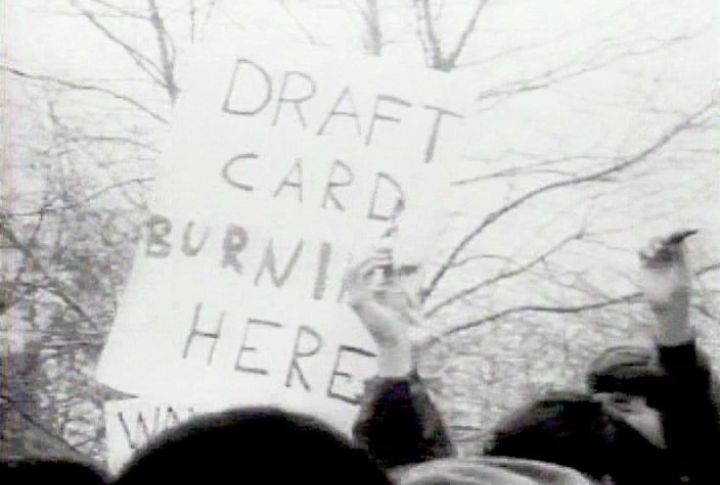
Lighting a draft card on fire meant taking a stand and refusing service. For this, many protesters faced fines, jail, and government backlash, yet they still chose to burn. These small acts of defiance became national headlines, rallying others and fanning the flames of dissent.
Pressure To Enlist For “Better” Choices
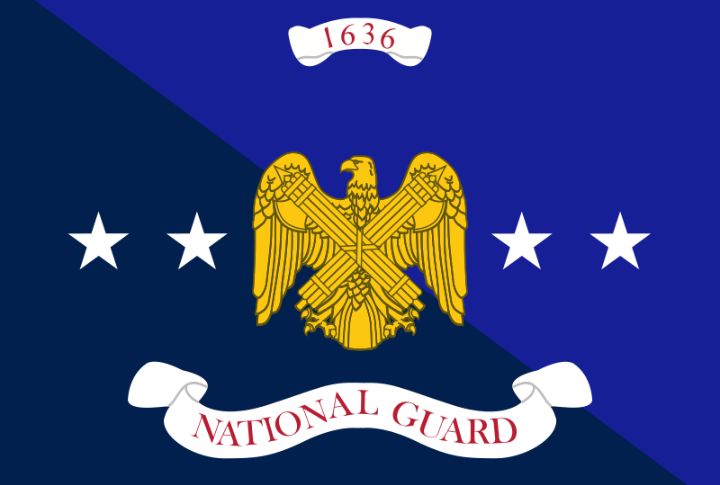
Choosing to enlist wasn’t really about patriotism, but about control. By opting for roles in the National Guard or other less combative branches, many Boomers strategically volunteered to avoid being drafted into frontline combat, as it helped them stay stateside. It was a calculated move to enlist first, steer your destiny, and avoid the uncertainty of the system.
Impact On Personal Relationships
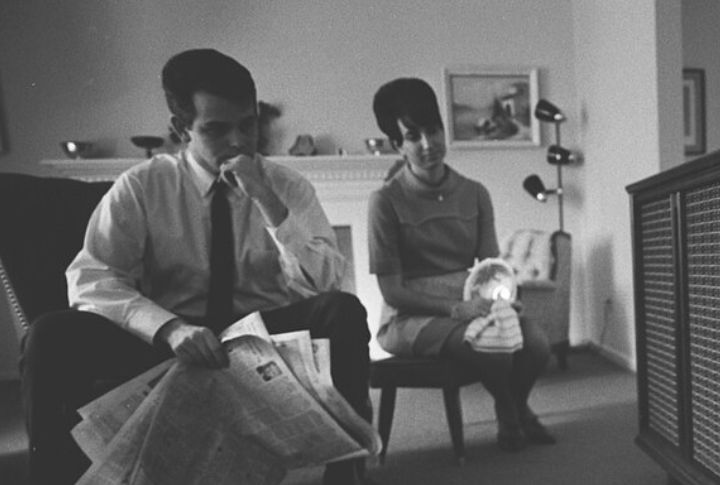
Fear of being called up hung over every relationship like a dark cloud. Because of this, many couples rushed into marriage, hoping for deferments, while families lived in quiet panic over their sons’ futures. Even friends clashed over military choices as some served when others resisted. The consequences disrupted plans and cut across love in every corner.
Returning Veterans’ Reception
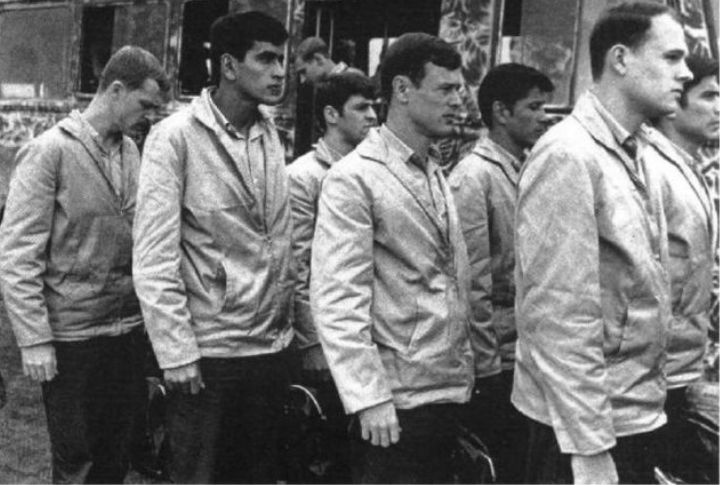
Veterans of the Vietnam conflict were often seen as symbols of a conflict that people wanted to forget. They came back to homes that felt like a storm, as there was no parade or gratitude, just confusion and distance. Their service was overshadowed by politics, and reintegrating into a divided society felt impossible for them.
The End Of Conscription
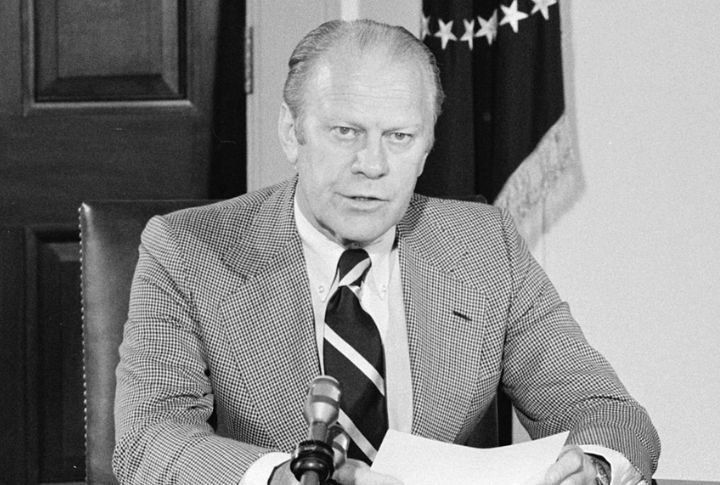
Conscription ended in 1973, marking the end of an era of mandatory service. The US military became fully volunteer-based, a decision that redefined patriotism and sacrifice. No longer would future generations be called up against their will, and that one move marked a turning point, where service became a choice, not a command.

